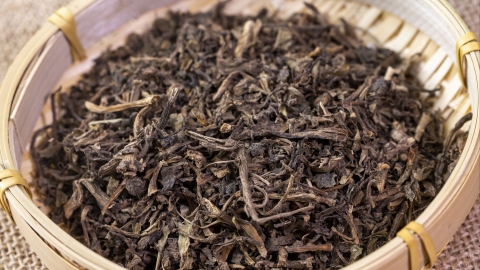Can pregnant women eat Portulaca oleracea (purslane), and is there any risk involved?
Generally, pregnant women should not consume purslane, as it may pose certain risks. The specific reasons are as follows:

Purslane is a type of wild vegetable that contains abundant nutrients, including vitamin C, vitamin A, dietary fiber, and more. However, it has a cold nature and may cause coldness in the spleen and stomach when consumed by pregnant women, leading to discomforts such as abdominal distension, abdominal pain, and diarrhea. These symptoms may not only affect the health of the pregnant woman but could also negatively impact the growth and development of the fetus.
In addition, purslane has certain diuretic and blood circulation-promoting effects. For pregnant women with a history of miscarriage or preterm birth, or those currently showing signs of threatened miscarriage, consuming purslane may increase the risk of miscarriage. Furthermore, some individuals may be allergic to purslane, and pregnant women may experience symptoms such as rashes and itching after consumption, which could even threaten the health and lives of both mother and fetus.
During pregnancy, it is recommended to maintain a balanced intake of various nutrients, avoid excessive consumption of any single food item, and adopt a healthy lifestyle to promote the well-being of both mother and baby.







